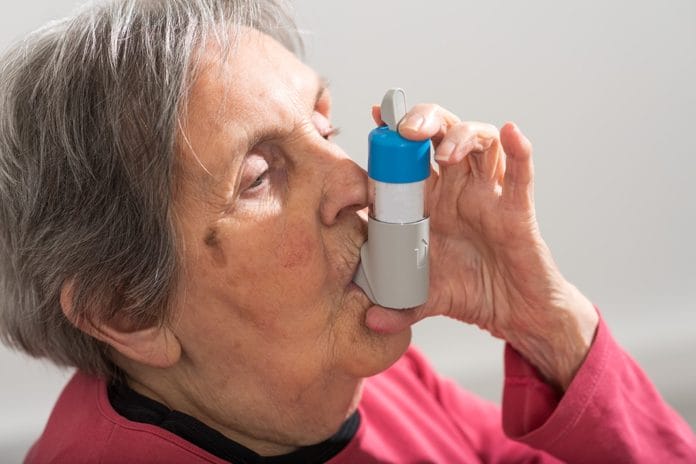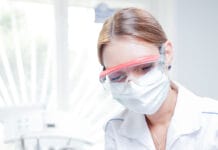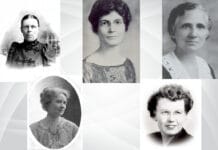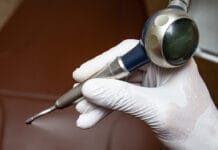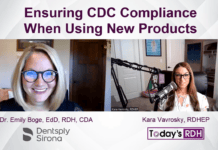The American Society for Microbiology published an article in the journal mSphere titled, “Tongue Microbiota and Oral Health Status in Community-Dwelling Elderly Adults” that discusses in detail how a patient’s poor dental health can lead to respiratory issues. Scientists arrived at those conclusions after examining the results of a large study conducted on geriatric patients living in Japan.
The American Society for Microbiology is the largest organization for professionals in the life science field. Home to more than 30,000 scientists and health professionals, the group focuses on advancing the future of microbial sciences by working to educate the general public about the discipline. The American Society for Microbiology does this by developing and promoting different conferences, certifications, publications, and other events which are open to the public, industry leaders, and people in academia who want to learn more about the field of microbial sciences. The organization also does everything they can to support both student and faculty members with fellowships, training workshops, online publications, institutes, conferences, and networking opportunities.
It is common knowledge that the geriatric population is more vulnerable to succumbing to certain diseases than younger people. Although many people assume it’s because they are frail and have a weaker immune system, poor dental health is also a contributing factor. Geriatric patients are more likely to have higher oral bacteria count due to caries, tooth loss, and a higher plaque index. Previous studies revealed tongue microbiota could increase the oral microbial populations found in geriatric patients’ saliva. Eventually, the higher levels of bacteria increased the patient’s risk of getting pneumonia, which is also one of the leading causes of death for older adults who live in institutions.
Yoshihisa Yamashita, Ph.D., DDS, a Dental Science faculty member at Kyushu University in Fukuoka and the lead researcher for the study published in mSphere, used this information as a basis for his current research. Dr. Yamashita and his colleagues decided to investigate further how variations in tongue microbiota correlated to the oral health of Japanese geriatric patients living in an institution or community dwelling in Hisayama. For the study, they examined the dental health of 506 patients who ranged in age from 70 to 80 years old. The scientists collected tongue microbiota samples from the center area of the tongue dorsum using a modified electric toothbrush and analyzed them in the laboratory.
The results from the large, population-based study identified several variations in their tongue microbiota. While the overall bacterial density did not vary based on the condition of the patient’s teeth, the microbiota composition was affected by it. Dr. Yamashita discovered that commensal microbiota composition, especially the relative abundances of predominant commensals, showed a close association with the patient’s oral health. The researchers also found two different groups of certain predominant commensals were likely to form in the tongue microbiota. One group was Streptococcus parasanguinis while the other was composed of Veillonella atypica, Prevotella histicola, and Streptococcus salivarius. The presence of Streptococcus parasanguinis can increase the risk of geriatric people dying from pneumonia. They also noticed that Japanese patients with fewer teeth and higher amounts of caries and plaque were more likely to have Streptococcus parasanguinis in their tongue microbiota.
Dr. Yamashita believes that his research demonstrates how poor dental conditions is closely linked to the overall health of elderly patients. He believes dentists and dental hygienists should pay careful attention to the tongue microbiota status in older patients, especially since this can help prevent them from possibly developing serious health issues later on in the future.
Before you leave, check out the Today’s RDH self-study CE courses. All courses are peer-reviewed and non-sponsored to focus solely on pure education. Click here now.

